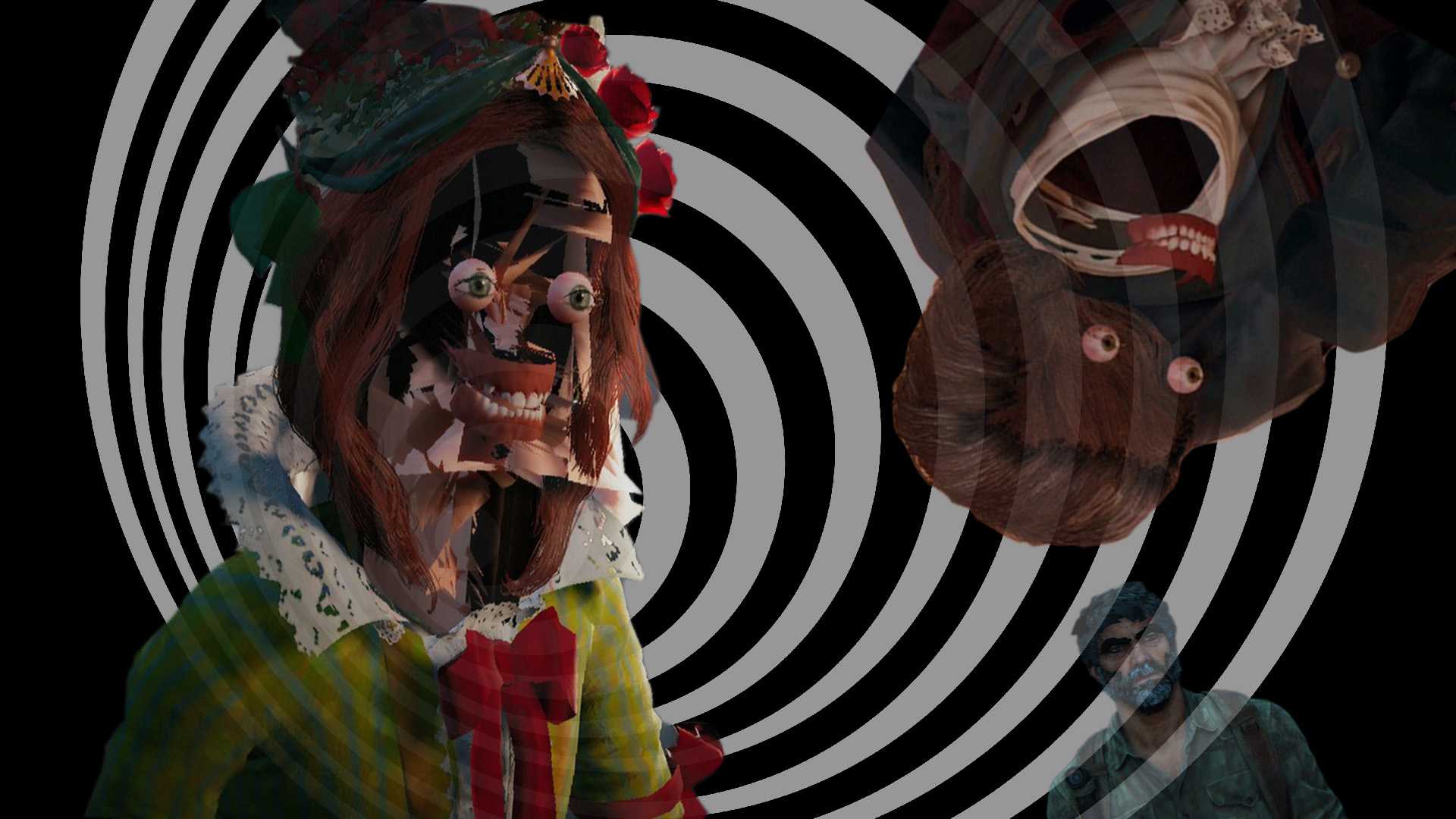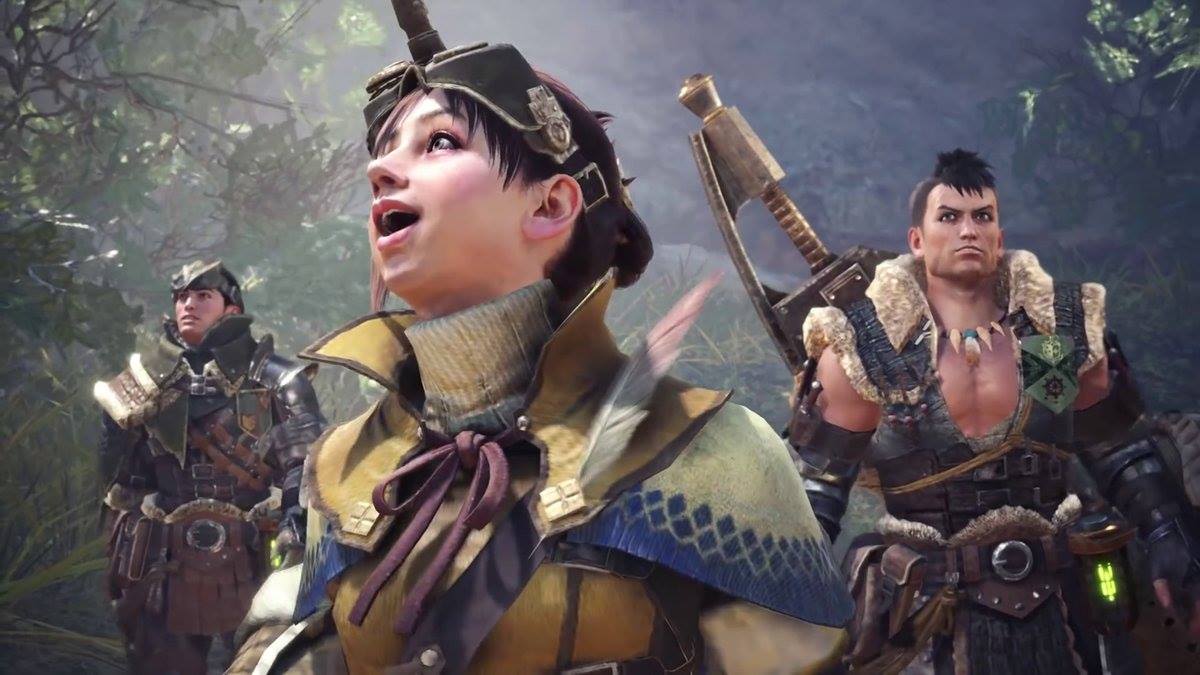With only a few holdouts left, we're so close to everything launching on PC it's almost time to retire the phrase 'PC port'
2023's been rough for PC game performance, but I never want to go back to the dark days of 2000s console ports.

I remember the wait for the original Mass Effect being excruciating.
The idea of a PC port being better in those days was about as unlikely as winning a headbutting contest with a Krogan
By 2007 I'd devoured Star Wars: Knights of the Republic and fully bought into the hype about BioWare's new cinematic RPG being a true generational leap. Alongside Gears of War and Halo 3, Mass Effect was a key reason to own an Xbox 360. Today all of those games are better played on a PC, but 15 years ago, the six month wait for Mass Effect's PC port might as well have been an eternity. I had time to save the Citadel twice on Xbox but still went for a third run on PC with a more stable framerate. Mass Effect PC even had some other big advantages over the Xbox 360 release, like an inventory system that couldn't be considered a war crime. Despite BioWare's history as a PC studio, the idea of a PC port being better in those days was about as unlikely as winning a headbutting contest with a Krogan.
I think back to the 2000s often these days when I'm frustrated with the technical issues in PC games today. Players have been fed up with performance problems in 2023, and for good reasons—big-budget games aren't getting the development time and attention to detail they need to properly take advantage of today's PC hardware. But as annoying as that can be, we're in a dramatically better place than we were a decade or two ago.
Since Mass Effect's heyday the PC has gone from afterthought to, in almost all cases, the lead platform. After waiting a year or two for a port, there was a 50/50 chance that we'd get the deluxe treatment with a full suite of PC-focused settings, or a game so barebones that their developers had seemingly been too embarrassed to admit they didn't know how to use a keyboard or mouse. The rightful outcry over today's performance issues is a subtle reminder of just how the population of people playing games has shifted toward PC, and that we've come to expect the PC version of any game to be the de facto standard. In another few years, the phrase "PC port" may just about be ready for retirement.
The Bad Years
Even before Sony started putting its games on PC a few years ago, before Dark Souls ushered in a new era for Japanese games on PC, the PC was inching its way towards nullifying the idea of the "lead platform" being a console. In the early 2010s, the PC was slowly emerging from a dark, faltering period. Even though some of our favorite games ever, like Deus Ex, came out early in the 2000s, once the Xbox 360 and PlayStation 3 launched in 2005 and 2006, it was clear where the big money and attention in gaming were focused:
- E3 conferences were shifting to speak to gamers more than investors
- Series like Call of Duty and Battlefield, which began on PC, became megahits on consoles
- Online matchmaking, pioneered by Xbox's Halo 2, offered an easier alternative to server browsers
- Blockbuster games like Halo 3 were touted as the most lucrative entertainment launches in history
Many games and studios were shifting away from PC in this period. Developers who had historically focused on PC, like BioWare, aimed their efforts at Xbox and PlayStation. Gears of War from Unreal Tournament creator Epic launched on Xbox 360 and didn't come to PC until a year later. Popular PC genres like the RTS were no longer in vogue as third-person shooters and open world games began to thrive, and historically PC series like Tom Clancy came out on Xbox 360 first (Rainbow Six: Vegas), with their designs shifting to be more controller-friendly as a result. Consoles were simply dominating the conversation—and unlike PC gaming, they had multimillion dollar marketing arms to fuel their growth.
Back then PC ports almost universally had problems that extended well beyond today's shader compilation stutterfests, so we had the privilege of waiting and then being disappointed. This was true for some of the biggest games of the era:
The biggest gaming news, reviews and hardware deals
Keep up to date with the most important stories and the best deals, as picked by the PC Gamer team.
- Grand Theft Auto 4 had broken graphical effects compared to consoles and major performance issues even on high-end hardware years later
- Dead Space was one of many games with framerate-related issues due to being designed for 30 fps
- Saints Row 2 was an utter disaster on PC
- Capcom belatedly started paying attention to PC in 2006, then released what we've called the "Holy Trinity of Dogshit Capcom Ports" (RE4, DMC3, Onimusha 3)
Microsoft owns an extra portion of the blame for this period. Windows Vista, released in early 2007, was a big fat flop despite including an exclusive new version of DirectX that was required for a few big games. Microsoft's Games For Windows Live platform made everyone mad and was the kiss of death for some otherwise decent PC games.
The turning tide

As the 2000s turned into the 2010s, things were looking much, much better for PC gaming. Starting in 2010, League of Legends ushered in a second generation of PC-focused esports. Crucially it also helped broaden expectations of what you needed to play PC games—most MOBAs could run on a budget laptop. The overcrowded Xbox 360 marketplace stopped being the go-to destination for indie developers, who found a new home and better sales on Steam. Around that time Valve was on a tear of adding new features to Steam, including the Workshop for mods, Big Picture Mode, the community market and trading cards, and more.
In the past few years we've started to see the "port" conversation move in the other direction, with clear PC-first development leading to major success
Console players moving to the Xbox One and PlayStation 4 in 2013 also ended up being huge boon to PC gaming. Unlike the Xbox 360 and PS3, these new consoles used architectures similar to modern PCs, making ports both more practical and less likely to go catastrophically wrong. As games kept getting more and more expensive to develop, it was a no-brainer for big publishers to put just as much effort into their PC releases.
It really hit me how much my perspective on PC ports had changed when Capcom announced Monster Hunter: World for PC in August 2018, seven months after it arrived on consoles. Monster Hunter was Capcom's last big console-only holdout, and clearly getting the PC version right was a big job. But even knowing that, the gap seemed ridiculous in 2018. Heck, even Dark Souls was arriving on PC day-one by that point. Compared to the previous generation where consoles reigned, it's wild to look at the bestselling PS4 and Xbox One games and pinpoint how many were PC-first or nearly simultaneous:
- The Witcher 3
- PlayerUnknown's Battlegrounds
- Call of Duty (WW2, Black Ops 3/4), Infinite Warfare
- Battlefield 1 and Star Wars Battlefront
- Cyberpunk 2077
- Forza Horizon 3
- Ark: Survival Evolved
- Metal Gear Solid 5
- Sea of Thieves
Of course there are still holdouts today—Sony is waiting a year or two to bring games to PC, while Nintendo remains committed to its own hardware. Square Enix is… well, all over the place. But those are now the exceptions rather than the rule. And in the past few years we've started to see the "port" conversation move in the other direction, with clear PC-first development leading to major success.
PUBG started as an early access PC game before becoming one of the biggest shooters on consoles and Fortnite followed the same path to become the biggest game in the world. My favorite thing about this phenomenon is how broad the range of PC-to-console success stories has been:
Undertale's solo developer created a massive fandom with a fourth-wall-breaking reinterpretation of the JRPG. XCOM 2 helped squash the idea that hardcore strategy games could only work on PC.
Stardew Valley turned a niche console series into one of the biggest genres (and TikTok trends) of the decade.
Vampire Survivors birthed a legion of copycats from a humble hobby project.
Baldur's Gate 3 redefined expectations for reactivity in RPGs and reframed how everyone looked at one of the most anticipated games of the decade.
PC ports were once the table scraps of console gaming; now that PC versions are expected to set the standard, we're more attuned than ever to their shortcomings. As laid out in the year-and-a-half-old video above, there are still big challenges for developers despite modern consoles resembling today's PCs.
Some of 2023's issues will still be here in 2024 and beyond, but hopefully less and less as time goes on. We're definitely not going back to the Bad Years of PC gaming in the mid-2000s, but now that practically everything is coming to PC, we may have to live with a few more Annoying Years—at least until PCs lap console performance, or publishers finally start giving developers the time they realistically need to do every version of a game justice. Day one and with great performance? Now that's the dream.

Wes has been covering games and hardware for more than 10 years, first at tech sites like The Wirecutter and Tested before joining the PC Gamer team in 2014. Wes plays a little bit of everything, but he'll always jump at the chance to cover emulation and Japanese games.
When he's not obsessively optimizing and re-optimizing a tangle of conveyor belts in Satisfactory (it's really becoming a problem), he's probably playing a 20-year-old Final Fantasy or some opaque ASCII roguelike. With a focus on writing and editing features, he seeks out personal stories and in-depth histories from the corners of PC gaming and its niche communities. 50% pizza by volume (deep dish, to be specific).

